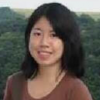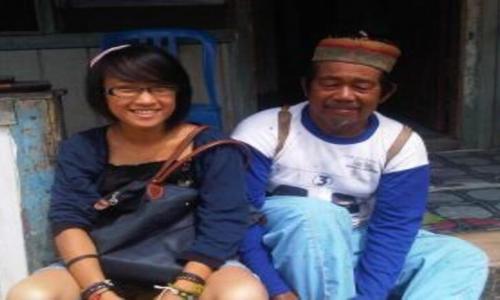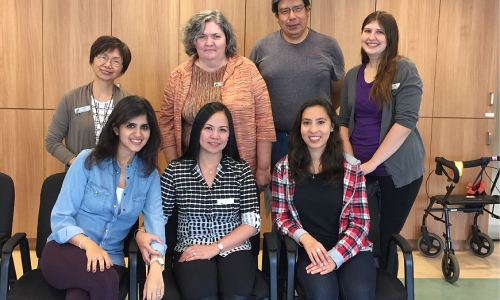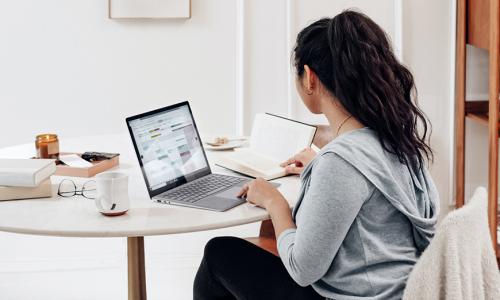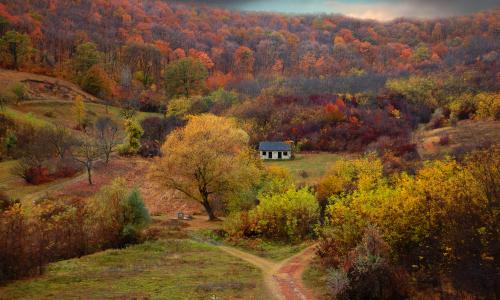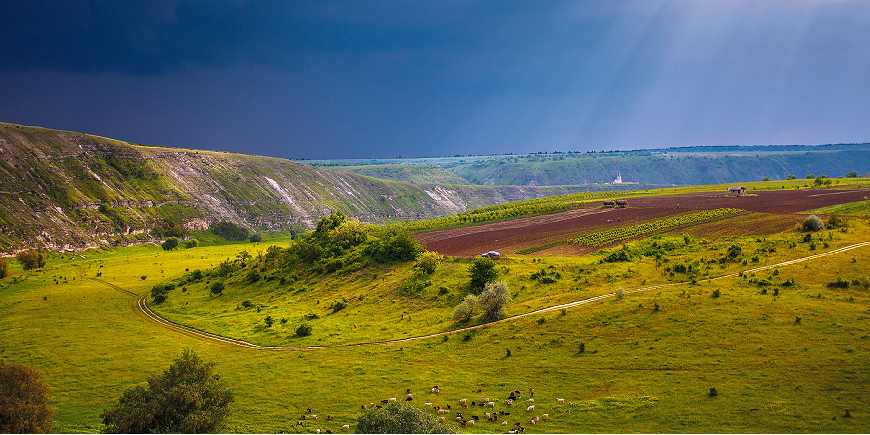
The first thing I did upon arrival in the village was visit the centre where I would be volunteering: “Motivatie”. The Motivatie Association has two locations in Moldova, one in Chisinau and one in Vadul lui Voda, and is a non-governmental organization providing rehabilitation services and social activities for young people with disabilities. Throughout the year, there are stages usually lasting two weeks devoted to specific programs and activities. A new set of residents would come to the centre at the beginning of each stage and then return back to their homes once the stage ended.
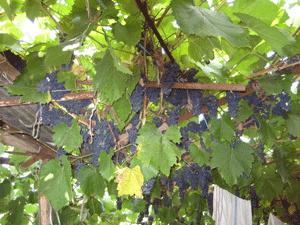
After an introduction to the centre, I was brought to meet my new host family. The trip to my new home took about one minute since the house was located right beside the centre, which proved to be very convenient during my placement there. Having just lived in the city, my new home was very different from what I had become accustomed to. A traditional Moldovan village home, my new house was big relative to the apartment flat that I lived in but small relative to homes in Vancouver, with one floor and four rooms, an extremely small indoor washroom with no sink, an outdoor toilet, and a kitchen separate from the house. However, with the outdoor area and the large garden, the family did own a lot of property. I was ecstatic to see all the animals that they owned: a cow whose milk I drank on many occasions, five cats that ran around outside, two dogs that served as gate watchers, a duck and its many ducklings, and many roosters, hens, and chicks. Dogs, cats, and goats would roam freely in the streets, which were usually gravel paths or rundown cement roads where many children played. Fruit trees of various varieties were very prevalent in the family’s garden and all over the village. The entire environment was so natural, so organic, and so beautiful.
I could tell that my new host family would be extremely hospitable from the moment I was introduced to them. I lived with a grandmother and grandfather, their daughter Olga who works as an assistant at Motivatie, Olga’s 8-year-old daughter Lidia, and two cousins of Lidia’s. Quite often, the other cousins of Lidia’s would stay over at the house and the aunts and uncles would come by almost daily. Everyone was very family-oriented and close and the family would always be spending time together. With the exception of two cousins who knew some broken English, nobody else in the family spoke English. They all spoke Romanian, making communication rather difficult. Later on, I was able to understand and speak some Romanian so communication became less of a problem.
The first staging that I took part in at Motivatie was a wheelchair basketball program, involving ten males from ages 15 to 31. Every morning, I would wake up at 7:00 am, have breakfast, and then walk through the family’s garden to meet the residents. We would then head to the nearby gymnasium together where they would practice under the guidance of a coach. Sometimes I had to participate in their drills if they required an extra body and at the end of their practice, I helped put all the wheelchairs into two cars that drove us all back to the centre. Squishing a crew of grown men and all their wheelchairs into two beat-up cars was definitely an interesting and comical experience for me. Quite often I would need to sit on somebody with my neck bent at an angle as we drove back on the bumpy roads.
Besides on television, I have never observed individuals play wheelchair basketball so seeing the players practice and improve with each passing session was extremely interesting. I was amazed by the abilities of the players to manoeuvre themselves so smoothly during play. At the end of the two weeks, the players’ skills were tested when they played two exhibition games in Chisinau, during which the Motivatie Association was promoted to the public.
I also participated in a wheelchair tennis staging, which ended up lasting an entire month. The routine was similar to the basketball staging: I would wake up in the morning, walk over to the centre, and go with the new residents to the gymnasium. However, I found this stage to be much more physically demanding for me due to the fact that we usually did not have a car to drive us all back to the centre after their 3-4 hours of tennis practice. I often had to help push the residents up the many hills in the scorching heat and would often return home with my face red and glistening with sweat. Stay tuned for Part 5 in Kerri’s Moldovan Memories series.
Beyond the Blog
-
Find out more about the Biomedical Physiology and Kinesiology Co-op Program.
-
Find out more about working internationally through the International Co-op Program.









